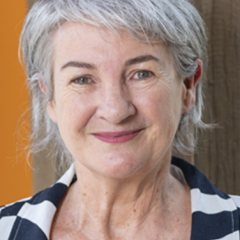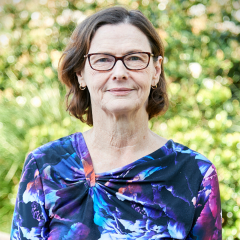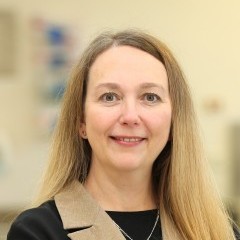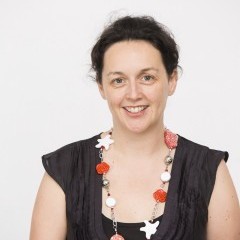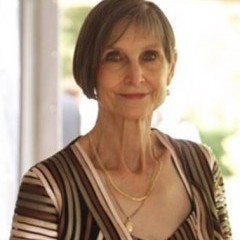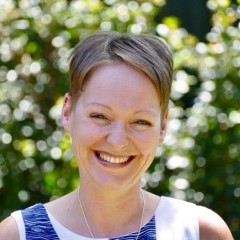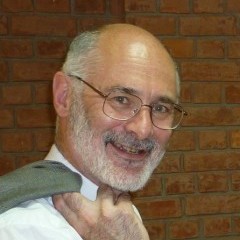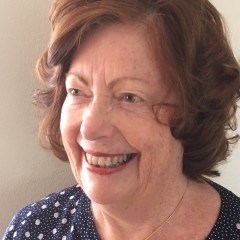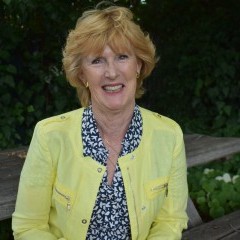Emeritus Professor Roger Byard AC PSM FAHMS holds the Marks Chair of Pathology at The University of Adelaide and is a Senior Specialist Forensic Pathologist at Forensic Science SA in Adelaide, Australia. He has been associated with Red Nose (formerly SIDS and Kids) at state and national levels for over 34 years as a researcher, pathologist, advisor and counsellor to families. He helped to set up the National Scientific Advisory Group in 2004 and has been a member for the over 20 years.
In 2025 he became a Companion of the Order of Australia (AC) awarded for “eminent service to medicine, to forensic pathology, to tertiary education as an academic and researcher, and to the community”
In 2000 he received the SIDS International Global Strategy Task Force Award in recognition of an outstanding contribution and support for global strategies to reduce infant mortality and in 2006 a National SIDS and Kids Award for his tireless commitment to reducing infant mortality in Australia and overseas and for his compassion and care to bereaved families. In 2016 he was the recipient of the Distinguished Researcher Award from the International Society for the Study and Prevention of Perinatal and Infant Death (ISPID).
In addition, he was awarded the Australian Public Service Medal (PSM) in 2004 for outstanding service to paediatric pathology and became an Officer in the Order of Australia (AO) in 2013 for distinguished service to medicine in the field of forensic pathology. In 2016 he was elected a Fellow of the Australian Academy of Health and Medical Sciences (FAHMS) for distinguished professional achievements and outstanding leadership in a field related to health and medicine. Two years later he received the John Harbor Phillips Award from ANZPAA/NIFS (National Institute of Forensic Sciences) for outstanding achievement and excellence in the advancement of the forensic sciences in Australia and New Zealand. He was registered as an Expert with the International Criminal Court (ICC) in the Hague in 2009.
He has a specific interest in sudden infant and childhood death and has published over 1,000 papers/short communications/letters in peer-reviewed journals and chapters. In addition, he coedited/wrote the following paediatric forensic texts:
1994 - Sudden Death in Infancy, Childhood and Adolescence (Cambridge University Press);
2001 - Sudden Infant Death Syndrome - Problems, Progress and Possibilities (Arnold publishers);
2010 - Sudden Death in the Young (3rd ed, Cambridge University Press, Japanese language edition 2015);
2014 - Forensic Pathology of Infancy and Childhood (Springer publishers - two volumes);
2018 - SIDS and Sudden Infant Death: the Past, the Present and the Future (University of Adelaide Press).
His research into substance P deficiency may explain why certain babies are at increased risk when sleeping facedown.
He was made a Professorial Fellow at The Florey Institute of Neuroscience and Mental Health in Melbourne, Australia, in 2013, and received Distinguished Alumni Awards from The University of Adelaide in 2013 and the University of Tasmania in 2016. He became a Distinguished Fellow of the Royal College of Pathologists of Australasia in 2018 and was elected a Fellow of the Royal Society of NSW in 2021.
He was ranked in the top 2% of scientists worldwide and #2 in legal and forensic medicine by Stanford University (US) in 2020, and in 2021 was named in the Australian Newspaper’s Annual Research Magazine a world leader in forensic science and one of the 13 Australian “Global Leaders” in research across all disciplines. He was also the recipient of the 2021 University of Adelaide Award for Outstanding Achievement and Excellence in Research and was listed in the top 3 (0.06%) of 5,022 published authors internationally on infant death (2011-2021). He is an alumnus of the University of Tasmania, The University of Adelaide, the University of South Australia (Australia) and McMaster University, the University of Toronto and the University of Ottawa (Canada).
In addition to his basic medical and other post-graduate qualifications, Professor Byard is a Doctor of Philosophy (PhD), a Doctor of Medicine (MD) and a Doctor of Science (DSc).
